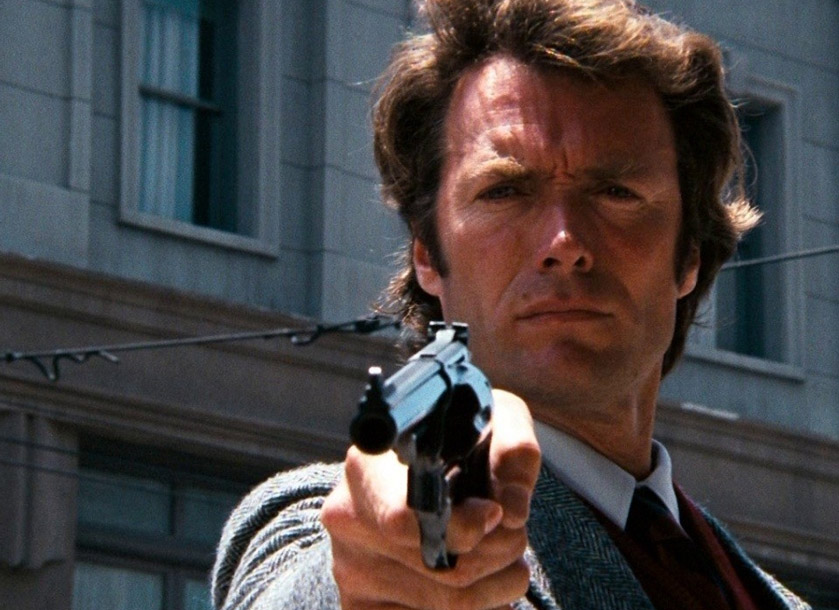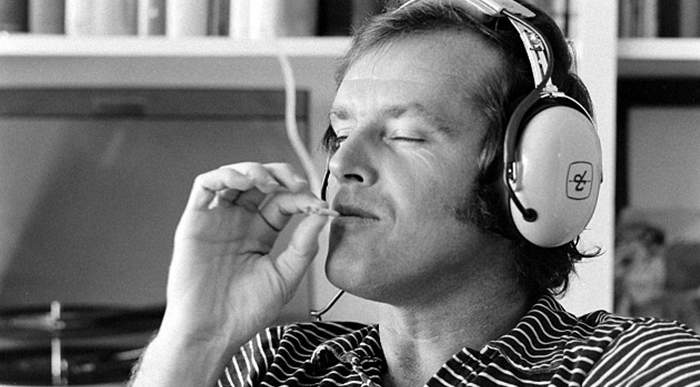Academy Award-winning filmmaker Clint Eastwood just made another cool $2 million from suing a company that used his name to advertise CBD products without his consent.
Last month, the US District Court in central California ruled that Los Angeles-based internet marketing firm Norok Innovation deliberately infringed on Eastwood’s likeness to promote a variety of CBD products. This latest victory wraps up a pair of lawsuits that the 92-year-old actor and director filed against CBD marketing companies back in 2020.
In the first of these lawsuits, Eastwood’s attorneys accused Lithuanian PR firm Mediatonas UAB of publishing fake news stories claiming that the actor was quitting the film business to start a legal CBD company. The company apparently went so far as to use a genuine photo of the actor being interviewed on NBC’s “Today Show” in conjunction with a fake interview containing links to the hemp products that the Dirty Harry star allegedly endorsed.
Mediatonas failed to respond to a summons in the case, so US District Court Judge R. Gary Clausner entered a default ruling in Eastwood’s favor. Last October, the court awarded Eastwood and Garrapata, the company that owns rights to his likeness, $6.1 million in damages and $95,000 in legal fees. Judge Clausner also issued a permanent injunction blocking the company from ever using the actor’s name and likeness again.
Norok’s attempts to associate the actor with their product were far more subtle, but they still didn’t escape Eastwood’s eagle eye. Shortly after Mediatonas launched their fake news campaign, Norok allegedly began inserting the actor’s name into internet metadata tags. These tags in turn drove traffic to websites that sold CBD products. Eastwood and Garrapata sued for $3 million, arguing that the actor would never willingly endorse these products.
“Without Mr. Eastwood’s knowledge of permission, online retailers of CBD products strategically place Mr. Eastwood’s name within blog posts and webpage meta descriptions (content that describes and summarizes the contents of a given webpage for the benefit of users and search engines to locate) as a means to promote CBD products and guide customers to an online marketplace that sells CBD products,” Eastwood’s attorneys explained, according to The Hollywood Reporter.
Although the court ruled in the actor’s favor, it did not grant him the $3 million he asked for. Instead, District Court Judge Cormac Carney decided that $2 million was a fair value that represented the actual amount that Eastwood would have been paid if he had officially agreed to act as the CBD company’s spokesperson. But even with that extra $1 million off the table, Garrapata’s attorneys said they were pleased with the court’s decision.
“$2 million is a reasonable representation of the fair market value of Mr. Eastwood’s services in lending his influential and known name to a hidden metatag campaign for products he likely would have been unwilling to endorse in the first place,” Judge Carney wrote in his ruling, according to The Hollywood Reporter.
Dozens of other celebrities have also had to defend themselves against cannabis companies infringing on their likenesses. In 2020, Tom Hanks debunked a claim that he was endorsing a fake CBD product along with Dr. Mehmet Oz, a celebrity doctor and Republican Senate candidate. Comedic actor Sacha Baron Cohen, who also happens to personally hate weed, also recently sued a Massachusetts adult-use company for using his popular Borat character to advertise their bud. The actor did at least decide to drop the lawsuit a year after filing it, though.











